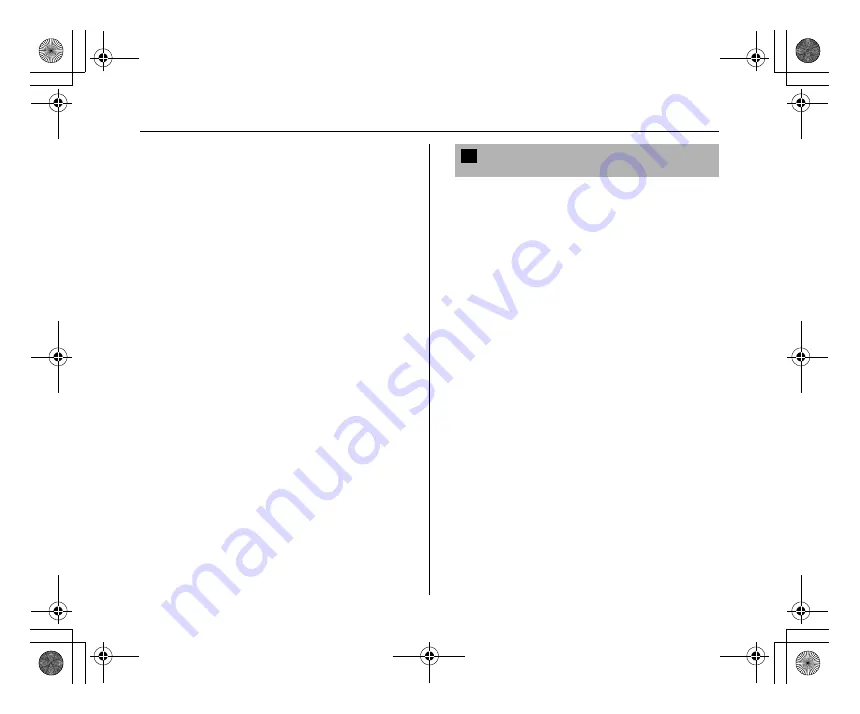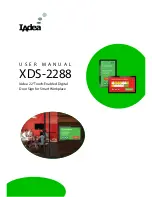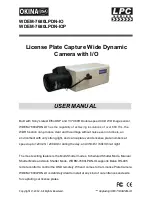
65
Z
Battery Life
At normal temperatures, the battery can be used at least 300 times.
If the time for which the battery provides power shortens markedly,
this indicates that the battery has reached the end of its effective life
and should be replaced.
Z
Notes on storage
• If a battery is stored for long periods while charged, the
performance of the battery can be impaired. If the battery will not
be used for some time, run the battery out before storing it.
• If you do not intend to use the camera for a long period of time,
remove the battery from the camera.
• Store the battery in a cool place.
• The battery should be stored in a dry location with an
ambient temperature b15°C and +25°C (+59°F
and +77°F).
• Do not leave the battery in hot or extremely cold places.
Z
Handling the Battery
Cautions for Your Safety:
• Do not carry or store battery with metal objects such as necklaces
or hairpins.
• Do not heat the battery or throw it into a fire.
• Do not attempt to take apart or change the battery.
• Do not recharge the battery with chargers other those specified.
• Dispose of used battery promptly.
• Do not drop the battery or otherwise subject it to strong impacts.
• Do not expose the battery to water.
• Always keep the battery terminals clean.
• Do not store batteries in hot places. Also, if you use the battery
for a long period, the camera body and the battery itself will
become warm. This is normal. Use the AC power adapter if you
are taking pictures or viewing images for a long period of time.
Z
Applicable Batteries
• In the camera, use AA-size alkaline or Ni-MH (nickelmetal
hydride) rechargeable batteries.
Do not use AA-size manganese, nickel-cadmium (Ni-Cd) or
lithium batteries in your camera because the heat created by the
batteries could damage the camera or cause it not to work. (The
UL recognized lithium battery can be used.)
• The life of alkaline batteries varies between brands. The life of
batteries you purchase may be shorter than those provided with
the camera.
Z
Cautions for Using Battey
• Do not heat the batteries or throw them into a fire.
• Do not carry or store batteries with metal objects such as
necklaces or hairpins.
• Do not expose the batteries to water, and keep batteries from
getting wet or stored in moist locations.
• Do not attempt to take apart or change the batteries, including
battery casings.
• Do not subject the batteries to strong impacts.
• Do not use batteries that are leaking, deformed, discolored.
• Do not store batteries in warm or humid places.
• Keep the batteries out of reach of babies and small children.
• Make sure that the battery polarity (
+
and
,
) is correct.
Camera uses AA-size alkaline or Ni-MH (nickelmetal
hydride) rechargeable batteries
2
T310GB.book Page 65 Wednesday, January 23, 2008 3:48 AM




































